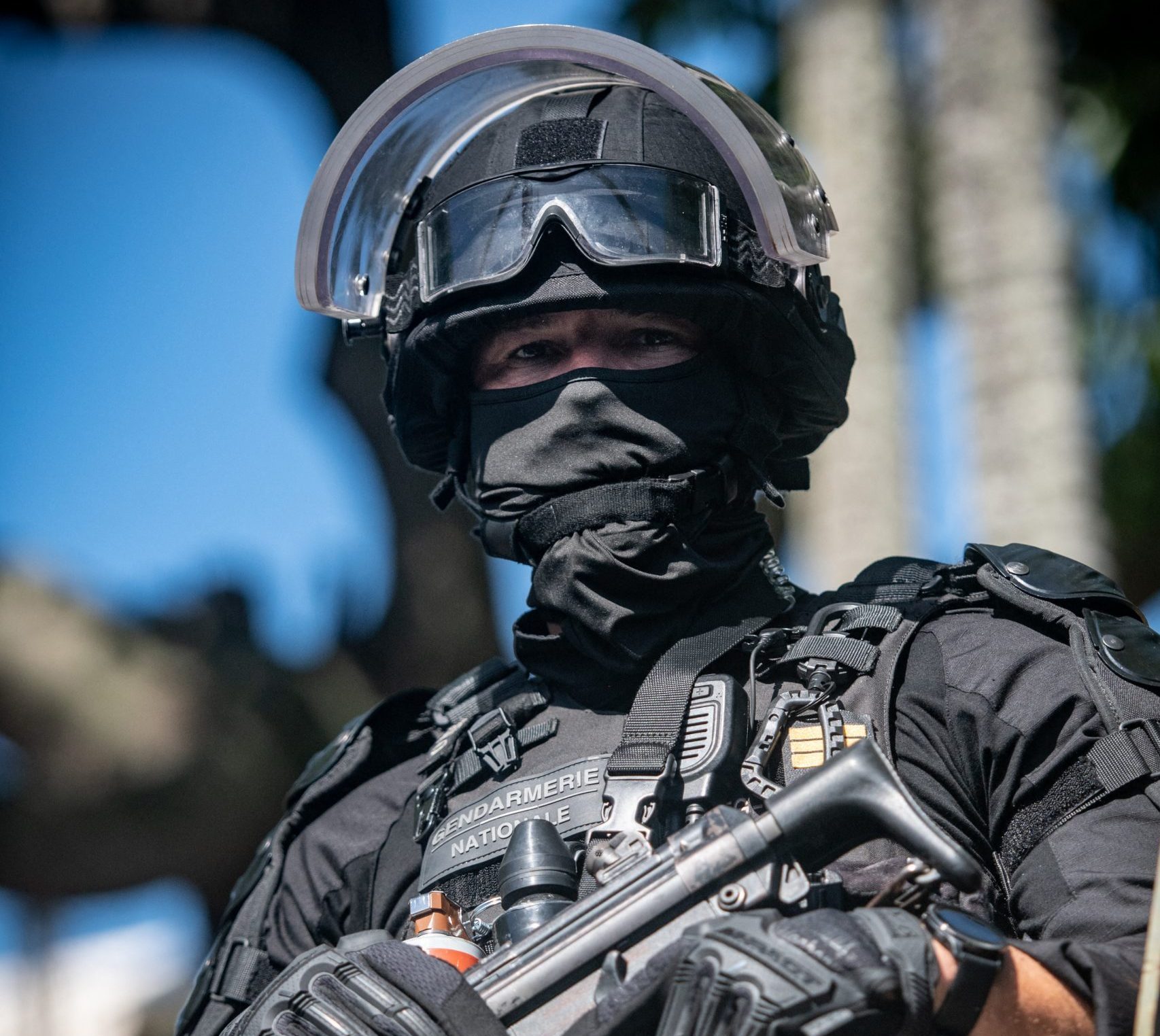On the night of Monday 13 May, Noumea exploded.
Across many parts of New Caledonia’s capital, young people took to the streets, stoning French riot police, looting and burning shops, car yards and factories. The next day, French High Commissioner Louis Le Franc declared a 6pm to 6am curfew for Noumea and outlying suburbs, and banned the carrying of weapons – yet the riots continued over following nights.
Sonia Backès, leader of the anti-independence party . . .
Please Subscribe to view full content...
